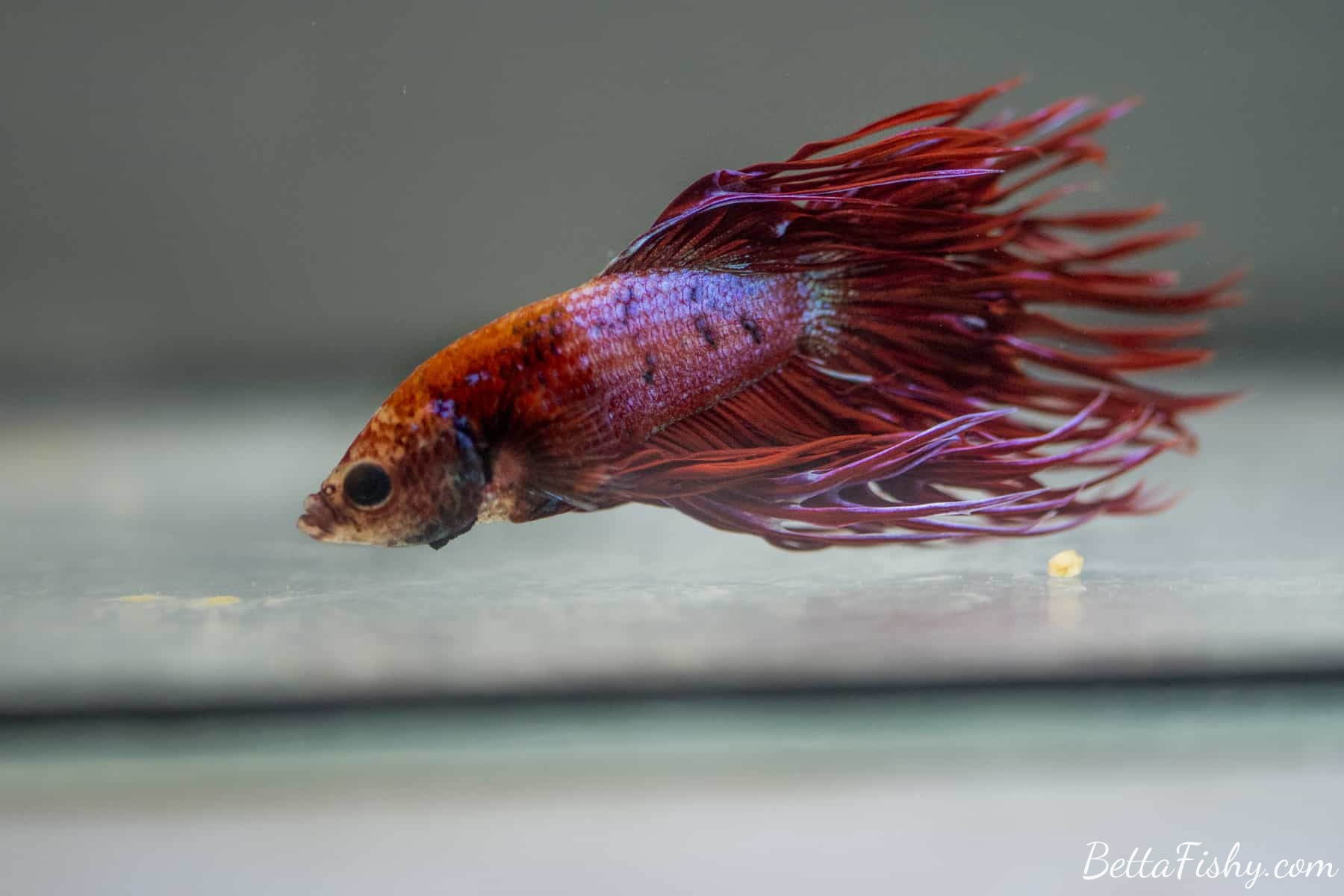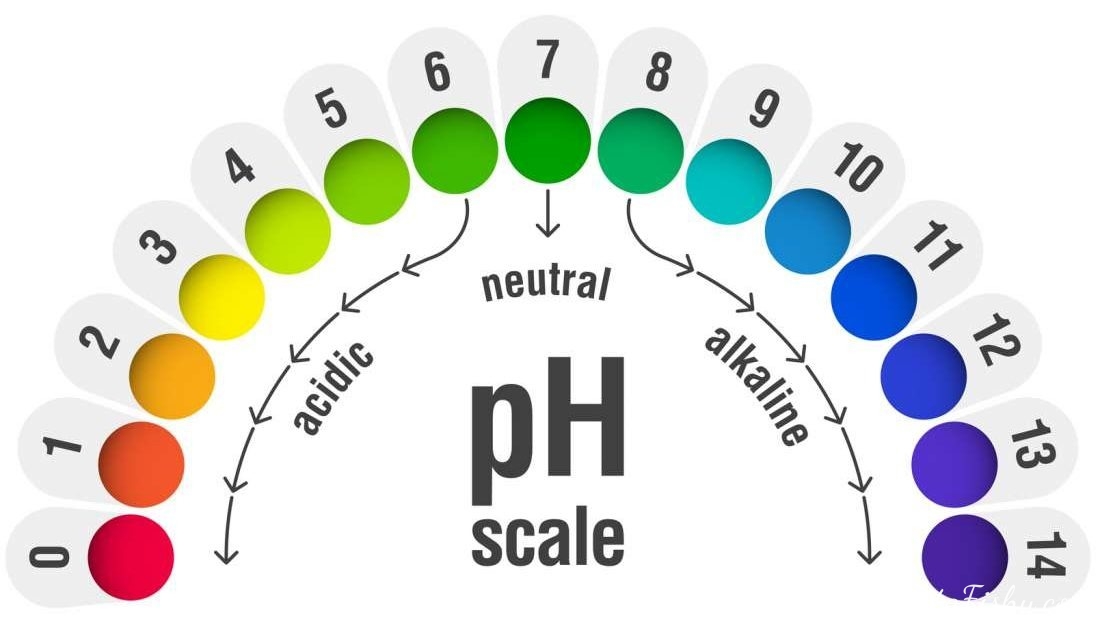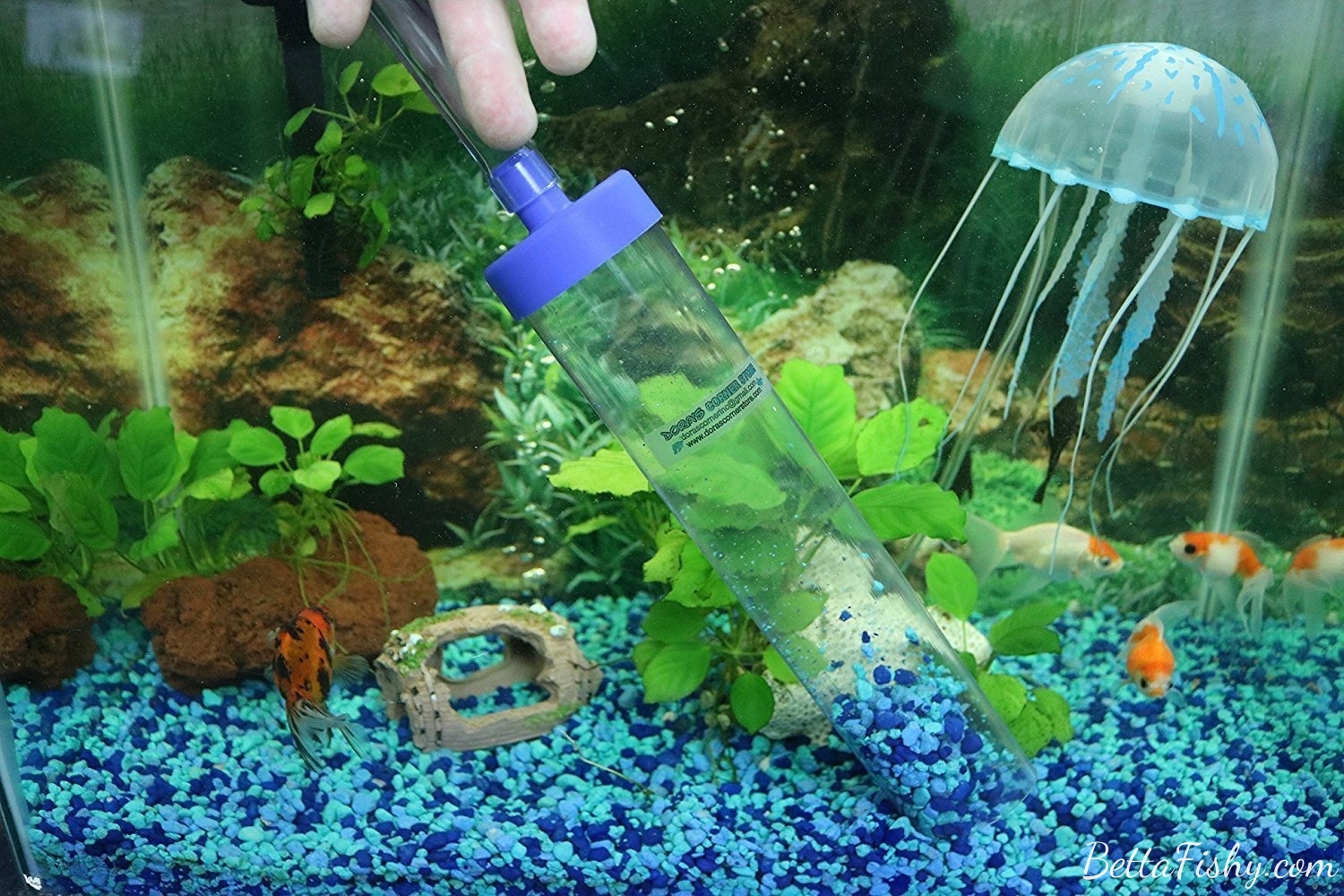Betta fish, also known as Siamese fighting fish, are popular pets due to their vibrant colors and unique personalities. However, like all living creatures, they eventually reach the end of their lifespan. This raises the question: what happens to their bodies after death? Can Betta Fish Disintegrate? or is there a proper way to dispose of them? In this article, we will explore the process of Betta fish decomposition, factors that affect its rate, and the importance of proper disposal methods.
Betta Fish Decomposition: What to Look for
- Loss of Movement: The fish will stop swimming and may lie on its side or bottom of the tank.
- Loss of Color: The fish’s vibrant colors will fade and its body may turn pale or white.
- Clouding of Eyes: The fish’s eyes will become cloudy and opaque.
- Bloating: The fish’s body may bloat as gases build up internally.
- Disintegration: The fish’s body will eventually decompose and disintegrate.

A Detailed Look at Betta Fish Decomposition
After a Betta fish dies, it undergoes natural decomposition, just like any other organism. This process involves various stages, each with its own role in breaking down the body and returning nutrients to the ecosystem.
Autolysis
The first stage of decomposition is autolysis, which refers to the self-digestion of tissues caused by enzymes within the fish’s body. As the fish’s cells die, they release enzymes that break down proteins and other organic compounds. This process leads to the softening and liquefaction of the fish’s tissues.
Bacterial Decomposition
Once autolysis has begun, bacteria present in the water and environment start to break down the remaining organic matter. These bacteria play a crucial role in the decomposition process, as they release enzymes that further break down the fish’s tissues. This results in the production of gases such as carbon dioxide and methane, which contribute to the characteristic odor of decomposing fish.
Scavenger Consumption
In an aquarium, other fish, invertebrates, and even snails may consume the deceased Betta fish. This is a natural part of the decomposition process, as these scavengers help break down the remaining organic matter and return nutrients to the ecosystem.
Factors Affecting Decomposition Rate
Several factors can influence the rate at which a Betta fish decomposes in an aquarium. These include temperature, water quality, and pH levels.
Temperature
Warmer temperatures accelerate bacterial activity, leading to faster decomposition. This is why it is essential to monitor the temperature of your aquarium, especially if you have multiple fish or live in a warmer climate. Higher temperatures can also lead to increased ammonia production, which can be harmful to other fish in the tank.
Water Quality
Clean water with sufficient oxygen levels fosters faster decomposition than polluted water. If the water in your aquarium is dirty or has low oxygen levels, it can slow down the decomposition process. This is because bacteria require oxygen to break down organic matter effectively.
PH Levels
The pH level of the water can also affect the rate of decomposition. Acidic water can slow down the process, while alkaline water can speed it up. It is essential to maintain a stable pH level in your aquarium to ensure the proper decomposition of dead fish.

The Impact of Dead Betta Fish on Aquarium Water Quality
Apart from the natural decomposition process, dead Betta fish can also have a significant impact on the overall health of your aquarium. Here are some ways in which their bodies can affect the water quality:
Ammonia Release
As mentioned earlier, the decomposition process produces gases such as ammonia. In high concentrations, ammonia can be toxic to fish, causing them to become stressed or even die. This is why it is crucial to remove dead fish from the tank as soon as possible to prevent ammonia buildup.
Nitrite Accumulation
Another byproduct of decomposition is nitrite, which is also toxic to fish. High levels of nitrite can cause fish to become lethargic, lose their appetite, and even die. Regular water testing and maintenance can help prevent nitrite accumulation in your aquarium.
Oxygen Depletion
The decomposition process also consumes oxygen, which can lead to low oxygen levels in the tank. This can be harmful to other fish and plants in the aquarium, as they require oxygen to survive. If you notice your fish gasping for air at the surface of the water, it could be a sign of low oxygen levels.
Safe and Effective Methods for Disposing of Dead Betta Fish
Now that we understand the decomposition process and its potential impact on aquariums, it is essential to discuss the proper disposal methods for dead Betta fish. Here are some options:
Burying
One of the most common ways to dispose of a dead fish is by burying it. This method is relatively simple and can be done in your backyard or a designated pet cemetery. However, it is crucial to ensure that the burial site is away from any water sources to prevent contamination.
Flushing
Flushing a dead fish down the toilet may seem like an easy solution, but it is not recommended. Not only does this release potentially harmful bacteria into the water supply, but it also poses a threat to other aquatic life. Additionally, flushing fish with diseases or parasites can spread them to other bodies of water.

Freezing
Some people choose to freeze their dead fish before disposing of them. While this method can slow down the decomposition process, it does not completely stop it. The fish will still decompose once it thaws, and the resulting odor can be unpleasant.
Incineration
Incineration is another option for disposing of dead fish, but it is not practical for most pet owners. It requires specialized equipment and should only be done by professionals.
A Comprehensive Guide to Water Treatment After a Dead Betta Fish
After disposing of a dead Betta fish, it is essential to monitor the water quality in your aquarium. If the fish had been in the tank for an extended period, there may be a buildup of ammonia and nitrite. In this case, it is crucial to perform a partial water change and test the water regularly until the levels return to normal.
Immediate Action:
- Remove the Dead Fish: As soon as you notice your betta fish has died, it’s important to remove it from the tank as soon as possible. This will help prevent the spread of disease and ammonia spikes. Use a net or siphon to carefully remove the fish and dispose of it properly.
- Partial Water Change: Perform a 25% to 50% water change to remove any toxins or waste products released during decomposition. Use a dechlorinator to treat the new water before adding it to the tank.
- Gravel Vacuuming: Vacuum the gravel to remove any debris or waste that may have accumulated. This will also help prevent the growth of harmful bacteria.
Further Water Treatment:
- Activated Carbon Filtration: Add activated carbon to your filter media. Activated carbon will absorb any remaining toxins or contaminants in the water. Replace the activated carbon every few weeks.
- Water Testing: Test the water for ammonia, nitrite, and nitrate levels. Ammonia and nitrite are toxic to fish, so it’s important to ensure their levels are at zero. Nitrate levels should be below 40 ppm.
- Monitor Your Fish: Closely observe your remaining fish for any signs of stress or illness. If you notice anything unusual, perform another water change or seek help from a veterinarian.
Additional Tips:
- Maintain Regular Water Changes: Continue to perform regular water changes (25% to 50% of the water every week) to keep your tank clean and healthy.
- Monitor Water Temperature and pH: Ensure your water temperature and pH are within the ideal range for your betta fish (78-82°F and 6.5-7.5 pH, respectively).
- Plant Your Tank: Live plants can help absorb toxins and improve water quality.
- Quarantine New Fish: If you plan to add new fish to your tank, quarantine them for at least two weeks before introducing them to the main tank. This will help prevent the spread of disease.
By following these steps, you can safely and effectively treat your aquarium water after your betta fish dies. Remember, maintaining a clean and healthy environment is essential for the well-being of your remaining fish.

Can Betta Fish Disintegrate?
In conclusion, Betta fish do not simply disintegrate after death. They undergo a natural decomposition process that involves autolysis, bacterial decomposition, and scavenger consumption. Several factors can affect the rate of decomposition, including temperature, water quality, and pH levels. It is crucial to dispose of dead Betta fish properly to prevent any negative impact on your aquarium’s water quality. By following the recommended disposal methods and monitoring the water post-decomposition, you can ensure the health and well-being of your remaining fish.


